Iranian nationals have been banned from Swedish university programmes with ties to nuclear and missile technologies following a warning from the country’s Säpo security service.As we await the first human rights lawsuit as a result of this situation, it is a shame that Sweden cannot generally be so sensible about its policies pertaining to immigration, entry and settlement.
So far two Swedish institutions – The Royal Institute of Technology (KTH) in Stockholm and Chalmers University of Technology in Gothenburg – have decided to turn away applicants from Iran.
“For us it means that we don’t accept Iranian citizens to our masters programme in nuclear technology,” said Chalmers spokesperson Magnus Myrén to the TT news agency.
The restrictions also affect students from North Korea, but according to Säpo there are only a handful of North Koreans studying in Sweden.
The measure comes as part of a 2007 European Union regulation connected to a 2006 United Nations resolution authorizing sanctions on Iran.
“It concerns not only that which is directly affected by nuclear weapons, but also aerospace technology,” Säpo spokesperson Patrik Peter told TT.
According to Sveriges Radio, Säpo, along with two other agencies – the Inspectorate of Strategic Products (ISP) and the Radiation Safety Administration (Strålsäkerhetsmyndigheten) – sent letters to the heads of security at seven Swedish universities alerting them to how their institutions could be affected by the restrictions on Iranians wishing to study in Sweden.
It was also announced today that the Gothia Cup, an annual youth football tournament, ended with five Tanzanian players absconding in Sweden. Apparently, some of the African players absconding before they fly home is as much a tradition as the tournament itself.
The disappearance of five Tanzanian youth footballers has prompted the Swedish Migration Board (Migrationsverket) to tighten entry requirements for non-European players in the Gothia Cup, the world's largest youth football tournament.Would it be too sensible to simply ban teams from certain nations, or make it clear that if a team member absconded, the entire team would be deported and banned in future, rather than just waiting for some of them to abscond and get up to God knows what?
The event is held every July in Heden, outside of Gothenburg in western Sweden, and features 1600 teams from 60 nations.
Starting in 2011, players will be required to provide a fingerprint in order to receive an entry permit to Sweden, reported Göteborgs-Posten (GP) newspaper.
The Migration Board wants to make it more difficult for players to drop out of the tournament and seek asylum under false pretenses.
Fingerprints make it easier to recognize individuals who apply for asylum elsewhere in Sweden or in other Schengen countries.
Five players from Tanzania disappeared after this year's tournament. As of Monday, none of them had file asylum claims.
But Leif Andersson of Migrationsverket in Gothenburg says that most defectors wait awhile before applying for asylum. That makes it less likely that the Migration Board will be able to make a connection between the applicant and the Gothia Cup, reported GP.
The five who disappeared are born between 1990 and 1993 and all played for the same team. According to Nils Lundqvist, police inspector at in Gothenburg, it's not uncommon for players to disappear in the wake of the tournament.
“It's a common occurrence after Gothia. Every year, we have young people who disappear. There are always a handful, most often from African countries, who take off,” he told GP.
Lundquist told GP that last year, an entire team from Libya disappeared. In another case, a number of Tanzanian girls left their team in 2002. Four years later, two of them were found working as prostitutes in Gothenburg.
.jpg)





















































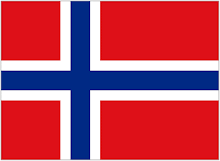
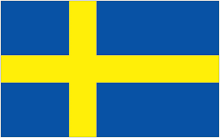






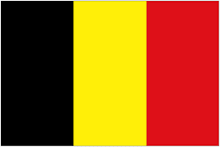

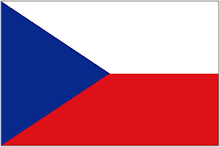











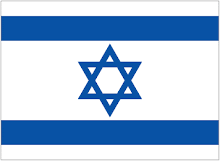




1 comment:
I wonder how many athletes coming to the London Olympics, will not be be going back.
Post a Comment